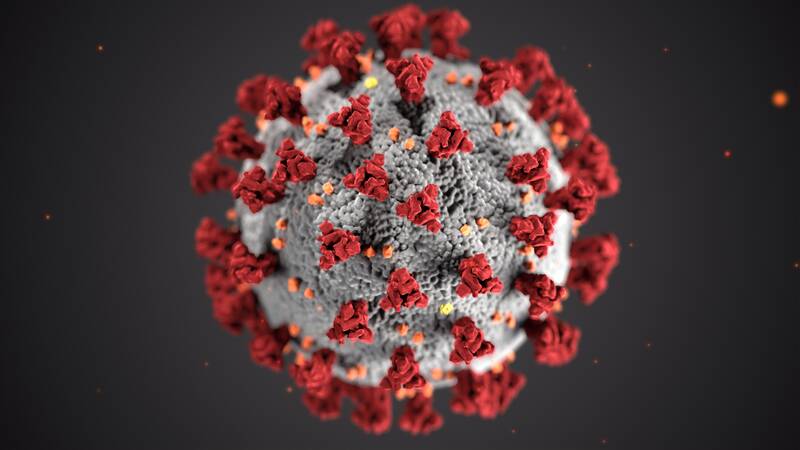On February 6, Wisconsin Department of Health Services (DHS) and laboratory partners identified a second case of variant strain B.1.1.7 of SARS-CoV-2, the virus that causes COVID-19, in Wisconsin.
This variant, referred to as B.1.1.7, was first discovered to be circulating widely in England during November and December of 2020. The first case of variant strain B.1.1.7 in Wisconsin was detected on January 12, 2021. Based on epidemiologic and modeling studies, researchers believe that this new strain spreads more rapidly and easily than the original strain of SARS-CoV-2. There is some evidence emerging that the new strain may cause an increased risk of death.
“It is concerning that we have identified a second case of a variant that spreads more easily. We are able to sequence a small proportion of tests collected, which means, in reality, there are likely many more cases of this variant in Wisconsin,” said Dr. Ryan Westergaard, the Chief Medical Officer in the DHS Bureau of Communicable Diseases. “Wisconsinites must continue to be vigilant to stop the spread of COVID-19 by wearing masks, staying home, washing their hands, and getting vaccinated when they are able.”
In Wisconsin, both cases of B.1.1.7 were identified through ongoing surveillance and whole genome sequencing, a routine practice since the onset of the COVID-19 pandemic. All viruses, including the virus that causes COVID-19, change through mutation, and new variants of the virus are expected to occur over time.
DHS, the Wisconsin State Laboratory of Hygiene, and other laboratory partners regularly work together to ensure whole genome sequencing is performed on a small proportion of tests collected. DHS also works with clinicians to identify cases that may be good candidates for screening, such as individuals who have traveled internationally. This routine analysis of genetic sequence data assisted in identifying both cases of the new variant strain in Wisconsin.
Now in the second year of the COVID-19 pandemic, molecular surveillance of SARS-CoV-2 will increase in importance to quickly identify and understand new variants. DHS and laboratory partners continue to analyze genetic sequence data to stop the spread of COVID-19. With emerging mutations of SARS-CoV-2, and those that may be more infectious, it is critically important to follow best public health practices including wearing a mask, staying home, maintaining physical distance, washing hands frequently, and getting vaccinated when you are eligible.
“All viruses evolve and develop new genetic mutations as they replicate, and sometimes the new mutations can make them more dangerous. Fortunately, we can prevent the virus from replicating and mutating – we can do this by consistently using all the tools we have for stopping the spread,” said Dr. Westergaard.
For up-to-date information about Wisconsin’s COVID-19 response, visit the DHS COVID-19 webpage. We encourage you to follow @DHSWI on Facebook(link is external), Twitter(link is external), or dhs.wi on Instagram (link is external)for more information on COVID-19.



Add new comment